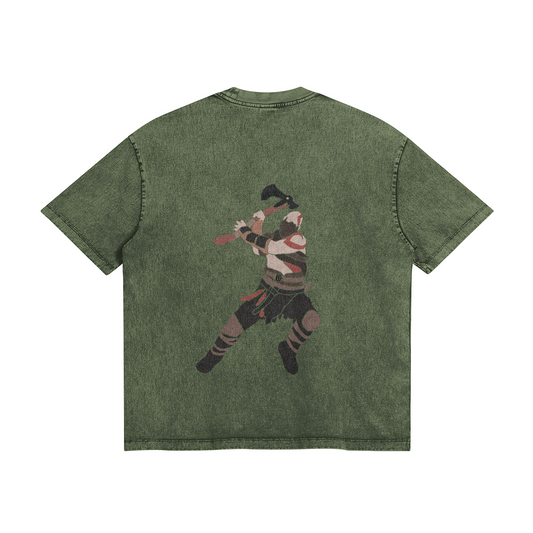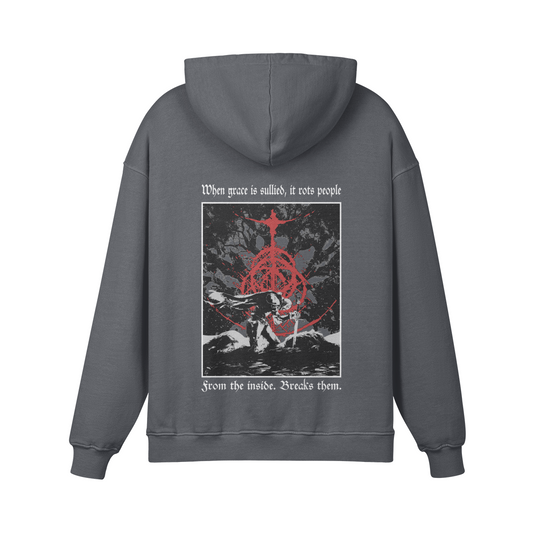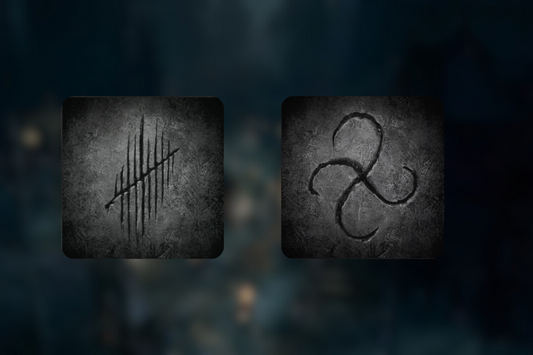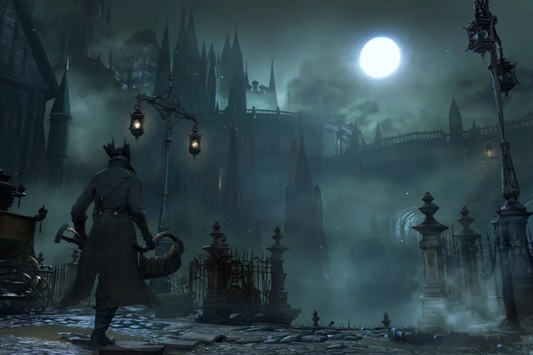Few RPGs handle morality and player agency as masterfully as Fallout: New Vegas. Unlike many games that rely on a simple good-versus-evil system, New Vegas presents a world where morality is not black and white, but a vast gray area filled with conflicting ideologies, questionable ethics, and difficult choices. The game’s unique blend of Karma, faction reputation, and branching decisions ensures that every playthrough can be drastically different based on the player’s actions.
In this article, we’ll explore how Fallout New Vegas creates one of the most nuanced morality systems in gaming. We’ll break down how the Karma system, faction dynamics, and player choices make the Mojave Wasteland one of the most immersive and morally complex settings in RPG history.
The Karma System: A Holdover from Fallout 3
Before diving into New Vegas’ more intricate morality mechanics, it’s important to look at the Karma system, which was carried over from Fallout 3. In Fallout tradition, Karma acts as a broad measurement of a player’s moral compass, ranging from Very Evil to Very Good based on actions like theft, murder, and helping others. However, unlike Fallout 3, where Karma heavily influenced how NPCs treated you, New Vegas makes Karma largely irrelevant in the grand scheme of things. The world does not react to your moral alignment as much as it does to your faction reputation, making for a more organic system that values your actions within different communities rather than a universal measure of morality.
While New Vegas de-emphasizes Karma in favor of factions, it still has minor gameplay effects. Certain companions, like Boone, who was once an NCR sniper, favor good-aligned actions, while others, like Cass or Arcade, have strong moral opinions that influence their loyalty. There are also specific perks tied to Karma, such as "Devil’s Highway," which resets Evil Karma to Neutral, and "Escalator to Heaven," which does the same for Good Karma. Additionally, while faction reputation plays a bigger role in shaping the ending, personal Karma can still add subtle differences to how NPCs perceive your legacy. However, the real star of New Vegas’ morality system isn’t Karma—it’s the factions and how they respond to your choices.
Factions: A World of Clashing Ideologies
One of New Vegas’ greatest strengths is its faction system, which allows players to align with (or betray) various groups based on their own beliefs and ambitions. Instead of a binary morality system, New Vegas presents four major factions, each with its own vision for the Mojave.
The New California Republic (NCR) represents a militaristic but bureaucratic government attempting to bring order to the Mojave. They offer stability and security, but their methods are often inefficient, corrupt, and stretched thin. While the NCR seeks to restore civilization, they frequently exploit local settlements, forcing them under their control in the name of progress. Many Mojave citizens, pre-war idealists, and those who seek stability support the NCR, but they are opposed by rebels, independent factions, and those who believe in self-governance. The NCR presents the classic dilemma of order versus freedom. Supporting them means aiding a struggling democracy, but it also means watching them impose their will on people who never asked for their help.
On the opposite end of the spectrum is Caesar’s Legion, a ruthless empire modeled after ancient Rome. They rule through terror, slavery, and extreme militaristic discipline, crushing opposition with brute force. The Legion creates order through fear, but its methods are undeniably horrific, including public crucifixions, the suppression of individual freedoms, and the destruction of towns that resist them. While they have some appeal to those who believe in absolute rule and military strength, they are widely despised by anyone who values personal liberty. Choosing to side with Caesar’s Legion is arguably the most morally challenging decision in the game. While they bring undeniable order to the Mojave, they do so through enslavement, execution, and violence. Players who align with them must ask themselves: Does security justify cruelty?
Overseeing New Vegas from his fortress within the Lucky 38, Mr. House is a pre-war genius who survived for over 200 years thanks to advanced technology. He seeks to control the Mojave as a benevolent dictator, ensuring that New Vegas remains an independent paradise under his rule. Mr. House provides stability and economic growth but governs with an iron grip, treating people as mere assets in his grand vision for the future. Those who support him tend to be business moguls, those who value technological progress, and those who believe in a structured system over personal freedoms. However, factions that seek autonomy, including the NCR and Caesar’s Legion, see him as a threat. Choosing to side with Mr. House means backing a powerful but authoritarian leader. His vision for New Vegas is undeniably grand, but it also removes any possibility of self-rule for its people.
For players who reject all factions, there’s Yes Man, an AI program that allows the player to seize control of New Vegas for themselves. This path, known as the Wild Card Route, offers total independence, allowing the Mojave to break free from all major power structures. Those who align with Yes Man are typically independent factions, rebels, and opportunists who seek to rule or dismantle everything. However, this path makes enemies of almost every major faction, as disrupting the power balance of the Mojave creates instability. Choosing the Wild Card route is the ultimate test of personal morality—players must decide whether to become a just ruler, a tyrant or simply walk away and let the Mojave fend for itself.
Player Choices: Every Action Has Consequences
What makes New Vegas stand out is that every major decision has far-reaching consequences. Unlike many RPGs where choices feel superficial, New Vegas ensures that your actions reshape the Mojave, leading to different outcomes for factions, settlements, and individual characters. Wiping out a faction means dealing with the long-term effects of their absence. If you help the Legion, expect the NCR to despise you—and vice versa. Killing or sparing certain NPCs can drastically alter quests; for example, Boone reacts emotionally based on how you deal with his past, which can lead to him becoming more vengeful or more at peace. Additionally, settlements like Primm, Freeside, and Goodsprings can thrive or fall into chaos based on your choices, making the Mojave feel like a truly reactive world.
This layered complexity is what keeps New Vegas relevant even years after release. The game does not tell you which choice is right or wrong—you have to decide based on your own beliefs.
Conclusion: The Ultimate Role-Playing Experience
Fallout: New Vegas redefined morality in gaming by moving away from simple good-versus-evil decisions and instead presenting players with complex, morally gray choices. Through its faction system, meaningful consequences, and deep role-playing mechanics, the game allows players to craft their own unique story in the Mojave Wasteland.
Even today, few RPGs match the level of moral complexity that New Vegas offers. Every playthrough presents new dilemmas, new opportunities, and new ways to shape the world. And that’s why Fallout: New Vegas continues to stand as one of the greatest RPGs of all time. Check out our Fallout hoodie at cuboldgaming.com








